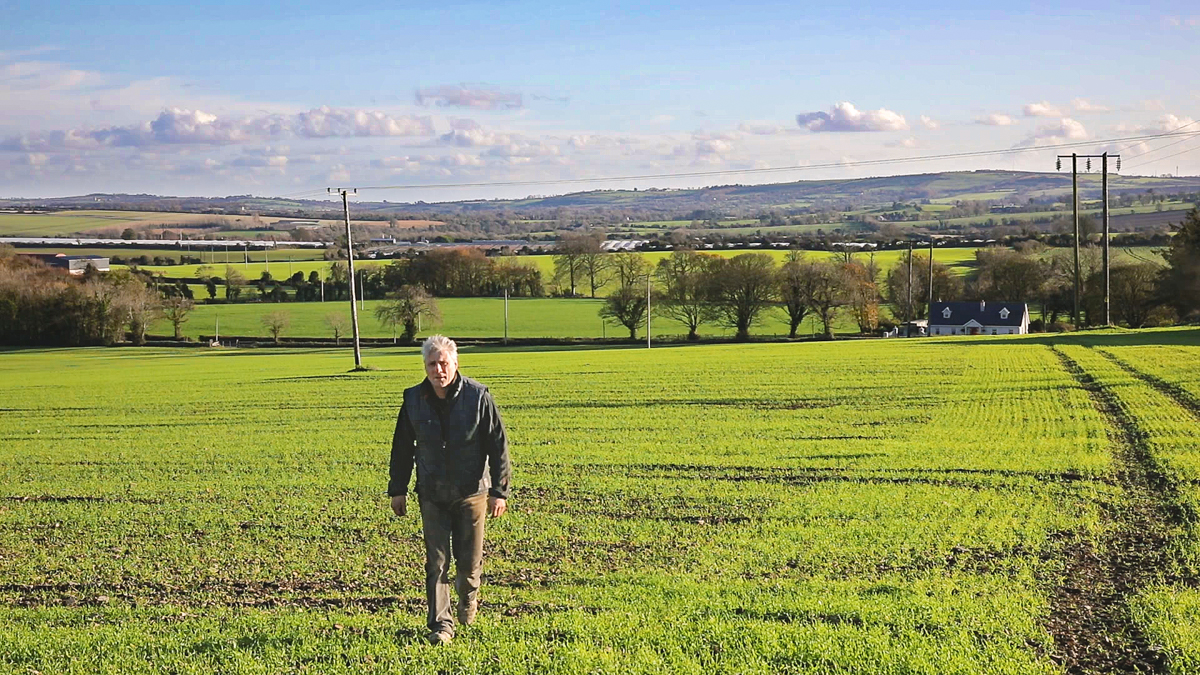A new National Farmers Union (NFU) survey has revealed that 84% of farmers and growers are interested in applying for Environmental Land Management schemes (ELMs), but that they want to see measures to help them achieve net zero offered alongside environmental and biodiversity actions.
The survey underlines the key role British farming has to play in helping the country tackle climate change alongside producing climate-friendly, sustainable food.
It highlights the importance of net zero actions within ELMs and why fair reward and support for this work is essential for farm businesses who are focused on delivering farming’s ambition to reach net zero greenhouse gas emissions by 2040.
The respondents outlined which potential actions would be most important for their businesses and climate action:
- 89% said hedgerow management and restoration;
- 84% said maintaining permanent grassland and/or improving grassland management;
- 81% said nutrient management e.g. planning and precision application;
- 80% said generating and using renewable energy on farm;
- 74% said greenhouse gas footprinting.
The survey results form a key part of the NFU-led net zero ELM test and trial which is currently underway to explore what can be achieved if net zero measures are included in ELM.
The results demonstrate the high level of interest amongst the industry for net zero actions, but also that every farm is at a different place on their net zero journey and so different measures, delivery methods and levels of advice will be needed to attract as many farmers as possible.
‘British farmers are really enthusiastic about net zero opportunities’
NFU vice-president Tom Bradshaw said: “British farmers are really enthusiastic about net zero opportunities and are committed to the industry’s ambition to reach our net zero target by 2040.
“This survey clearly shows the scale of demand for these actions and the need for future support schemes to cater for it.
“The ELM needs to deliver meaningful, widespread and long-term benefits to the environment and our climate.
I believe this should include offering a variety of options such as maximising the carbon storage potential of our grasslands, encouraging better nutrient management and, vitally, building confidence in greenhouse gas footprinting so we can effectively benchmark progress.
“This is also an opportunity for ELMs to work in conjunction with the carbon market so farmers can really maximise their potential when it comes to net zero delivery.”

